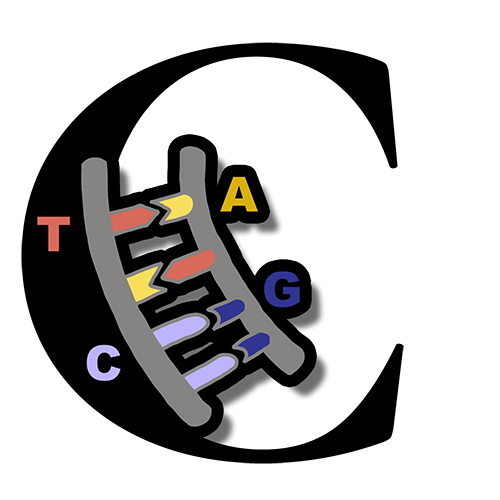Future of mass editing in cancer cells
Using CRISPR to mass edit cancer cells is an active area of research and holds promise for potential therapeutic applications. However, it is important to note that the application of CRISPR in cancer treatment is still in the early stages and faces significant challenges.
CRISPR can potentially be used to target cancer cells by introducing specific genetic changes that could inhibit their growth, promote cell death, or sensitize them to existing therapies. Here are a few ways CRISPR could be utilized:
- Disrupting oncogenes: CRISPR can be used to directly target and disrupt oncogenes, which are genes that drive cancer development and progression. By disabling these oncogenes, CRISPR could potentially halt the growth or survival of cancer cells.
- Enhancing tumor suppressor genes: Tumor suppressor genes normally regulate cell growth and prevent the formation of tumors. In cancer, these genes may be mutated or inactive. CRISPR could be used to restore or enhance the activity of tumor suppressor genes, potentially inhibiting tumor growth.
- Modifying immune response: CRISPR can be employed to modify immune cells to enhance their ability to recognize and attack cancer cells. For example, researchers are exploring using CRISPR to engineer T cells to express chimeric antigen receptors (CARs) that specifically target cancer cells.
- Sensitizing cancer cells to therapy: CRISPR can be used to make cancer cells more susceptible to existing treatments such as chemotherapy or immunotherapy. By modifying specific genes, CRISPR could potentially increase the effectiveness of these therapies or overcome resistance.
While these possibilities are being actively investigated, there are several challenges that need to be addressed for CRISPR-based cancer therapies to become a reality. These include optimizing the delivery of CRISPR components to target cancer cells, ensuring high specificity to minimize off-target effects, and addressing potential immune responses or ethical considerations related to genetic modifications.
Remember, though, CRISPR-based treatments for cancer are still in the experimental stage, and extensive research, preclinical studies, and clinical trials are necessary to establish their safety, efficacy, and long-term effects.
